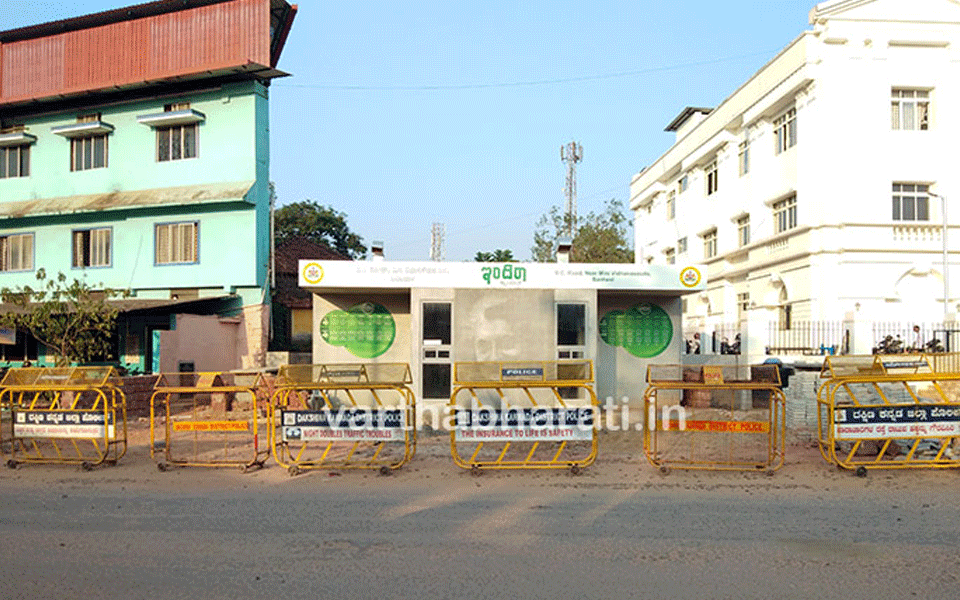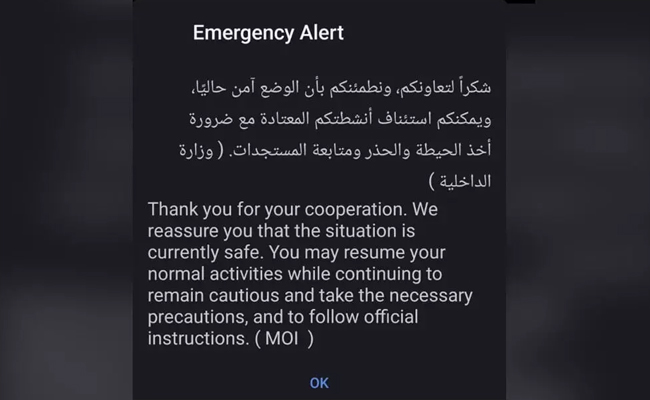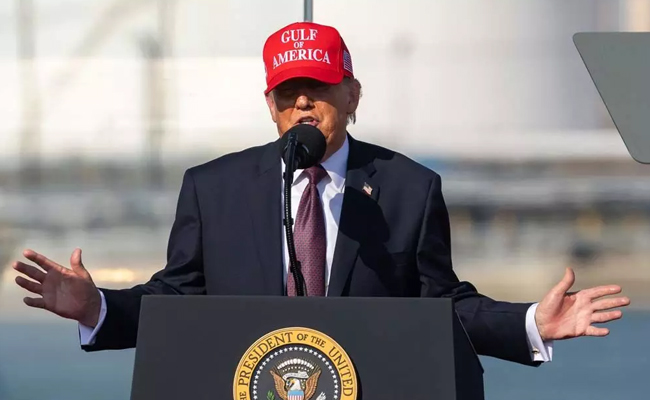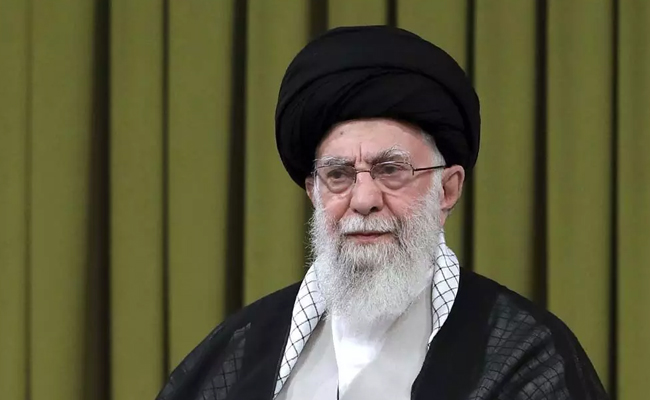Bantwala, November 15: Since the construction of compound wall around the Indira Canteen on BC Road triggered political controversy, the police have beefed up the security by putting barricades around it on Thursday.
As Assistant Commissioner Ravichandra Nayak has sought two days time to solve the problem, the construction of the compound was suspended. But as a precautionary measure, the police have beefed up the security.
Alleging that the road was encroached while constructing the compound wall around the Indira Canteen constructed beside the Mini Vidhana Soudha on BC Road, BJP workers led by MLA Rajesh Naik and town municipal council member A Govinda Prabhu staged a protest and demanded removal of the compound wall.
In the evening, Congress workers led by former minister B. Ramanath Rai staged a dharna opposing the BJP’s stand on the issue. The coalition partner JDS also supported the Congress. At that time, some BJP workers and leaders sat dharna near another gate of the Mini Vidhana Soudha and this has created tensed situation for some time. Noticing that the situation may go out of control, ASP Rishikesh Sonavane, CPI TD Nagaraj and others pacified the BJP workers and sent them out of the gate.
Issue to be solved on Friday?
As the issue turned tense on Wednesday evening, Mangaluru AC rushed to the BC Road and held discussion with former minister B. Ramanath Rai. In the morning, the AC held a closed door meeting at the tahsildar’s office, but in the evening, he allowed the agitators to enter the meeting hall and held discussions with them also. But the agitators took the officials to task. Later, the AC has asked two days time to sort out the problem. Sources said that the AC would announce the clear stand on Indira Canteen compound wall issue on friday.
Let the Truth be known. If you read VB and like VB, please be a VB Supporter and Help us deliver the Truth to one and all.
Dubai/Abu Dhabi: Residents and visitors across the United Arab Emirates received a fresh emergency alert on their mobile phones stating that the situation in the country is currently safe.
The message, issued by the Ministry of Interior (MOI), thanked people for their cooperation and reassured them that conditions were stable.
“Thank you for your cooperation. We reassure you that the situation is currently safe. You may resume your normal activities while continuing to remain cautious and take the necessary precautions, and to follow official instructions. (MOI),” the alert read.
The notification was sent in both Arabic and English through the country’s emergency alert system.
The advisory comes after earlier alerts warning of potential missile threats amid rising regional tensions. Authorities have urged the public to stay cautious and follow official guidance.





